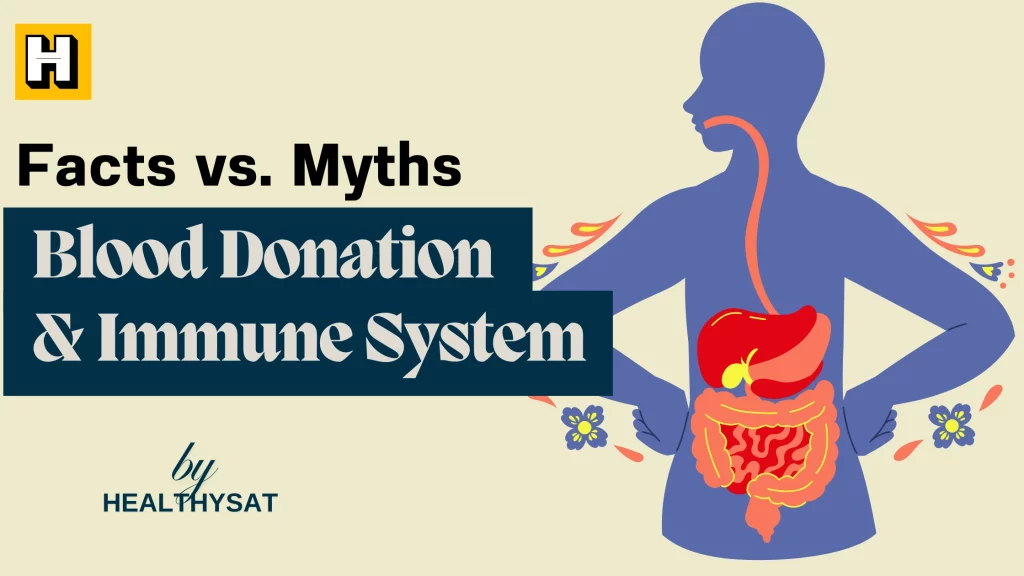Introduction
Welcome to our comprehensive guide on colon cancer homeopathic treatment. If you or someone you know is facing the challenges of colon cancer, you may be seeking alternative and holistic options for healing. In this article, we will explore the potential benefits of homeopathic treatment for colon cancer, discussing its principles, remedies, and how it can be integrated into a comprehensive cancer care plan. So, let’s delve into homeopathy and discover its potential in supporting colon cancer patients.
Understanding Colon Cancer
Before we dive into homeopathic treatment, it’s crucial to understand the basics of colon cancer. Colon cancer, also known as colorectal cancer, is a malignant growth that develops in the colon or rectum. It usually begins as small, noncancerous polyps that, over time, can become cancerous. Common risk factors include a family history of colon cancer, a high-fat and low-fiber diet, a sedentary lifestyle, smoking, and certain genetic conditions.
The Principles of Homeopathy
Homeopathy is a holistic system of medicine founded on the principle of “like cures like.” This means that a substance that can cause symptoms in a healthy person can be used in a diluted form to treat similar symptoms in a sick person. Homeopathic remedies are prepared through dilution and potentization, making them safe and non-toxic. Homeopathic treatment aims to stimulate the body’s natural healing mechanisms and restore balance.
Homeopathic Remedies for Colon Cancer
Homeopathy offers a range of remedies that may benefit colon cancer patients. While these remedies are not a substitute for conventional medical treatment, they can complement it, potentially alleviate symptoms and improve overall well-being. Some commonly used homeopathic remedies for colon cancer include:
1. Carcinosinum
This remedy is derived from cancerous tissues and is often used to support overall vitality and emotional well-being in cancer patients.
2. Conium maculatum
Helpful for individuals with hard, painful tumors and those experiencing difficulties with bowel movements.
3. Hydrastis Canadensis
Known for its potential to treat ulcers, bleeding, and inflammation in the digestive tract.
4. Phosphorus
Used for patients experiencing frequent bleeding, weakness, and a burning sensation in the abdomen.
Integrating Homeopathy into a Comprehensive Treatment Plan:
When considering homeopathic treatment for colon cancer, working with a qualified homeopathic practitioner who can customize the treatment plan to your specific needs is essential. Homeopathy can be integrated into a comprehensive treatment plan that includes conventional medical interventions, such as surgery, chemotherapy, and radiation therapy. It can provide supportive care, help manage side effects, and enhance overall well-being during the cancer journey.
1. Lifestyle and Dietary Considerations
In addition to homeopathic treatment, certain lifestyle and dietary changes can be crucial in supporting colon cancer patients. Regular exercise, managing stress, and following a nutritious diet rich in fruits, vegetables, whole grains, and lean proteins are essential. It’s also important to stay hydrated, avoid smoking and excessive alcohol consumption, and maintain a healthy weight.
- Cystic Fibrosis Homeopathic Treatment
- Microblading Healing Process: A Comprehensive Guide
- How to Get Health Insurance in Nigeria: A Comprehensive Guide
- How to get periods immediately to avoid pregnancy
- The Best Health Insurance Company in Nigeria: Ensuring Your Well-being with Comprehensive Coverage
2. The Importance of Emotional Support
Dealing with a cancer diagnosis and undergoing treatment can take an emotional toll on patients. Homeopathy recognizes the significance of emotional well-being in overall health and healing. Homeopathic practitioners consider the individual’s emotional state and may prescribe remedies that address emotional imbalances such as anxiety, fear, or depression. This personalized approach aims to support patients physically and emotionally during their colon cancer journey.
3. Case Studies and Research
While the scientific evidence for homeopathic treatment specifically targeting colon cancer is limited, anecdotal reports and case studies suggest positive outcomes. These individual experiences highlight the potential benefits of homeopathy in managing symptoms, improving quality of life, and supporting overall well-being. However, it is important to note that more rigorous scientific research is needed to establish the effectiveness of homeopathy as a standalone treatment for colon cancer.
The Importance of Individualization
One of the key principles of homeopathy is individualization. Each person is unique, and homeopathic remedies are prescribed based on an individual’s specific symptoms, physical constitution, and emotional state. This personalized approach allows the homeopathic practitioner to tailor the treatment to the patient’s needs, considering their overall health, medical history, and response to treatment. This emphasis on individualization sets homeopathy apart from a one-size-fits-all approach.
1. Collaborative Approach to Cancer Care
Homeopathic treatment should always be integrated into a collaborative approach to cancer care. Open communication and collaboration with your healthcare team are essential to ensure the best possible outcomes. Inform your oncologist and other healthcare providers about any complementary therapies you are using, including homeopathy. This will allow for a coordinated effort in managing your colon cancer treatment and overall well-being.
2. Potential Limitations of Homeopathic Treatment:
While homeopathy can offer supportive care and potentially improve the quality of life for colon cancer patients, it is important to be aware of its limitations. Homeopathy should never be used as a substitute for conventional medical treatment. It is best viewed as a complementary therapy that works alongside conventional interventions. Always follow your healthcare team’s advice and treatment recommendations and consult a qualified homeopathic practitioner for personalized guidance.
3. Ongoing Research and Evolving Field
Homeopathy continually evolves, and ongoing research explores its potential applications in various health conditions, including cancer. As scientific knowledge expands, new insights into the role of homeopathy in cancer care may emerge. It is important to stay informed about the latest research and advancements in the field while making informed decisions about your treatment options.
4. Seeking a Qualified Homeopathic Practitioner
To ensure the highest level of care, seeking a qualified homeopathic practitioner with experience working with cancer patients is essential. Look for a practitioner registered or certified by a recognized homeopathic organization who has a comprehensive understanding of homeopathy and conventional cancer treatment. This will ensure you receive personalized and safe care that aligns with your overall treatment plan.
5. Nurturing a Supportive Environment
Alongside homeopathic treatment, it is important to surround yourself with a supportive environment. Seek the support of loved ones, join support groups, or consider therapy to help you navigate the emotional and psychological aspects of your colon cancer journey. Remember that healing encompasses physical well-being and emotional and mental well-being.
Conclusion
Homeopathic treatment offers a holistic and individualized approach to support colon cancer patients on their healing journey. While it is not a substitute for conventional treatment, homeopathy can provide supportive care, alleviate symptoms, and enhance overall well-being. By integrating homeopathy into a comprehensive treatment plan and working collaboratively with healthcare professionals, individuals with colon cancer can strive for optimal physical, emotional, and mental health. Remember to prioritize open communication, seek qualified practitioners, and nurture a supportive environment throughout your cancer care.
Frequently Asked Questions
Can homeopathy replace chemotherapy or surgery for colon cancer treatment?
No, homeopathy should never replace conventional cancer treatment such as chemotherapy or surgery. It is best used as a complementary therapy to support overall well-being during cancer treatment.
Are there any side effects of homeopathic remedies?
Homeopathic remedies are generally safe and non-toxic when prescribed by a qualified practitioner. They have minimal side effects compared to conventional medications. However, following the recommended dosage and consulting with a professional is important.
Can homeopathy prevent colon cancer?
There is no scientific evidence to suggest that homeopathy can prevent colon cancer. However, a healthy lifestyle, including a balanced diet and regular exercise, can contribute to overall well-being and reduce the risk of developing various health conditions, including cancer.
Can homeopathy be used alongside radiation therapy?
Yes, homeopathy can be used alongside radiation therapy. However, it is important to consult with your radiation oncologist and homeopathic practitioner to ensure proper coordination and minimize potential interactions.
How do I find a qualified homeopathic practitioner?
You can start by asking for recommendations from your healthcare team or searching through recognized homeopathic organizations. Ensure that the practitioner has experience working with cancer patients and follows ethical standards.







